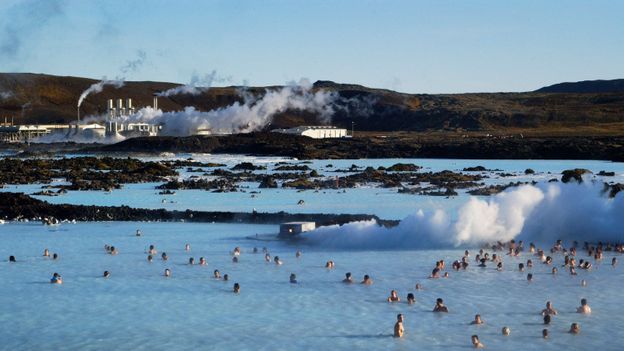meatthesavages.com – Iceland, a land of breathtaking natural beauty, has become a popular destination for tourists seeking unique experiences. However, the rapid growth of tourism has posed significant challenges to the country’s environment and local communities. In response, Iceland has implemented various initiatives to promote sustainable tourism practices, ensuring that the industry’s growth does not come at the expense of the environment or local cultures.
Government and Community Efforts
The Icelandic government, in collaboration with local communities, has taken proactive steps to encourage sustainable tourism. These efforts include the implementation of policies aimed at reducing the environmental impact of tourism and promoting responsible travel practices. The government has also worked to educate tourists about the importance of respecting the natural environment and local cultures, ensuring that visitors leave a positive impact on the places they visit.
Sustainable Practices by Tour Operators
Tour operators in Iceland, such as Forest Cat Travel, have adopted comprehensive sustainability policies to minimize the negative effects of tourism. These policies focus on reducing waste, using renewable energy sources, and supporting local communities. For instance, Forest Cat Travel has achieved the “Travelife Engaged” certification and is working towards the “Travelife Partner” certification, which requires meeting over 100 sustainability criteria. The company’s efforts include using electronic travel documents, sourcing from local suppliers, and promoting responsible travel behavior among tourists.
Strategic Initiatives
One of the key strategic initiatives in Iceland is the reintroduction of the accommodation tax, which was previously in place before the pandemic. This tax helps fund sustainable tourism projects and infrastructure, ensuring that the benefits of tourism are distributed equitably among local communities and used to protect the environment.
Sustainable Accommodation
Iceland is home to numerous eco-friendly hotels and accommodations that are committed to reducing their carbon footprint. These establishments use renewable energy sources, implement waste reduction strategies, and support local economies. The country’s commitment to sustainable tourism is evident in the growing number of hotels that have achieved sustainability certifications, making Iceland a prime destination for eco-conscious travelers.
Economic and Social Impact
The growth of tourism has had a significant positive impact on Iceland’s economy, providing new job opportunities and services, particularly in rural areas. The majority of Icelanders view tourism positively, recognizing its role in economic development and social well-being. However, there is a strong emphasis on ensuring that this growth is sustainable, balancing economic benefits with environmental and social responsibilities.
Conclusion
Sustainable tourism in Iceland is a multifaceted effort involving government policies, community engagement, and responsible practices by tour operators and accommodations. By focusing on reducing environmental impact, supporting local communities, and promoting responsible travel, Iceland is setting a benchmark for sustainable tourism practices. As the industry continues to grow, it is crucial that these efforts are maintained to ensure that the beauty and integrity of Iceland’s natural and cultural heritage are preserved for future generations.
